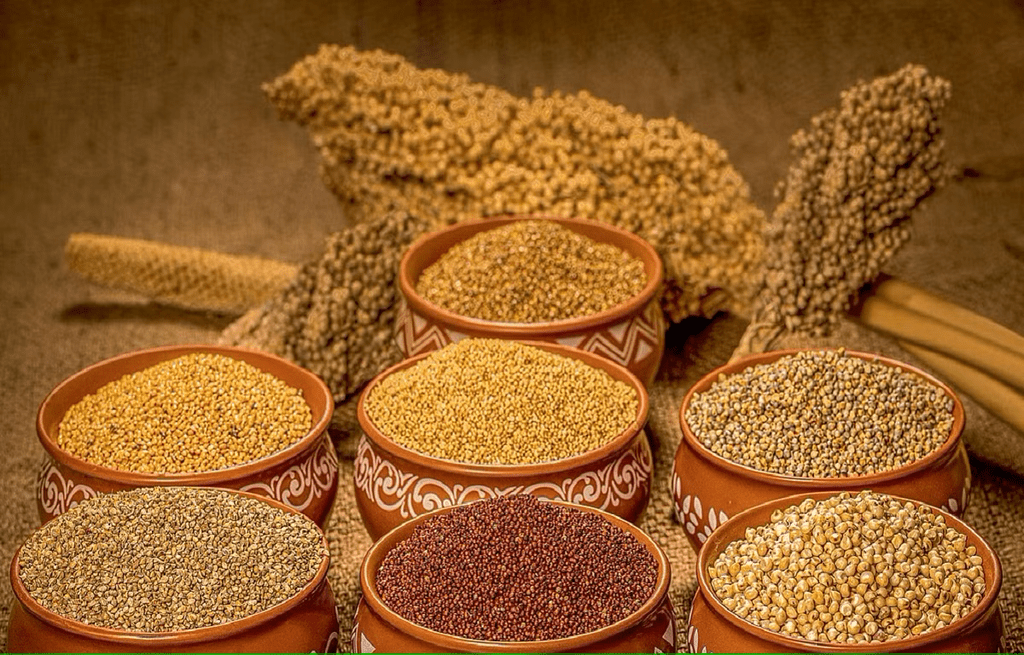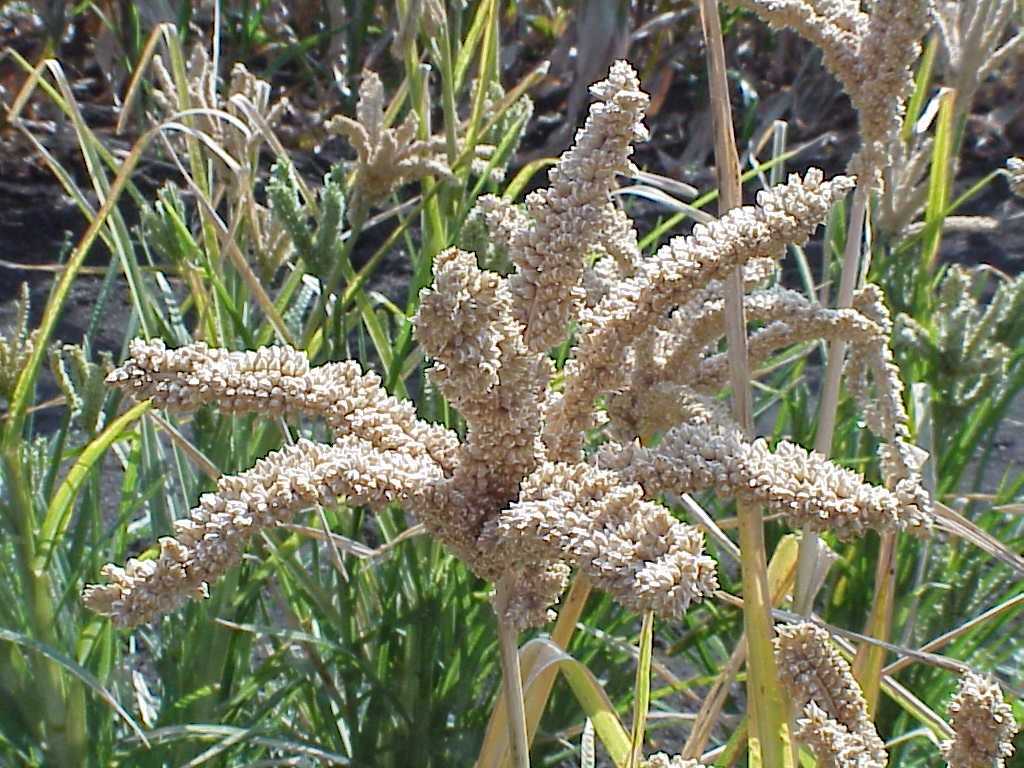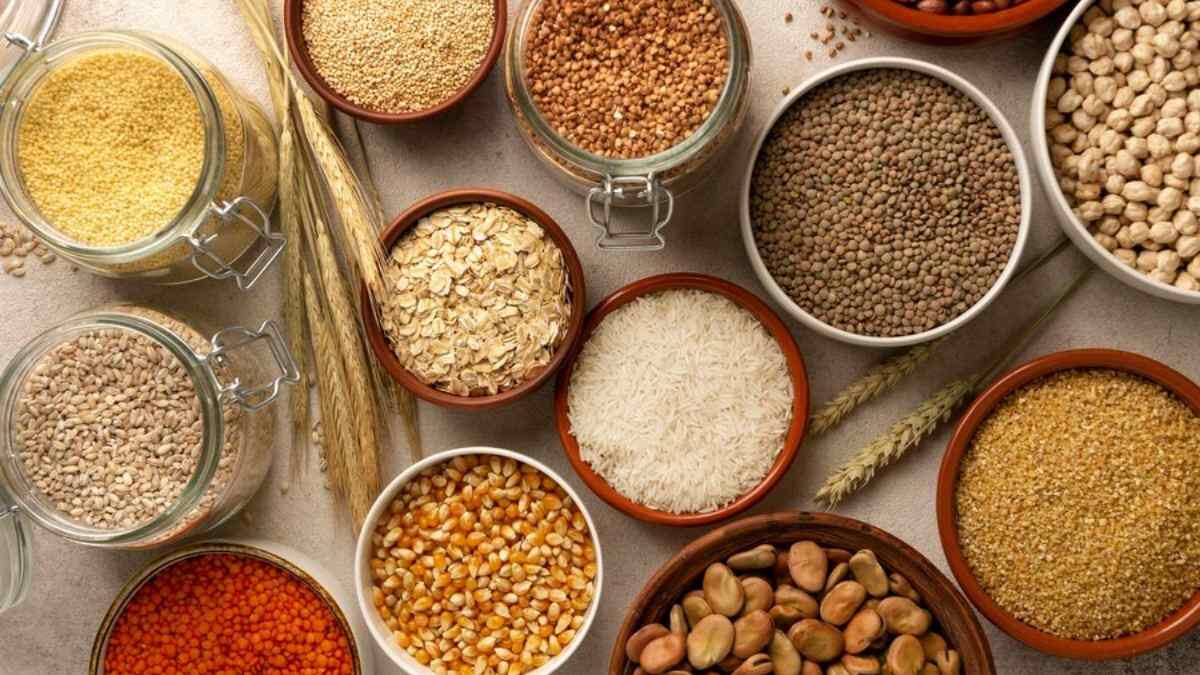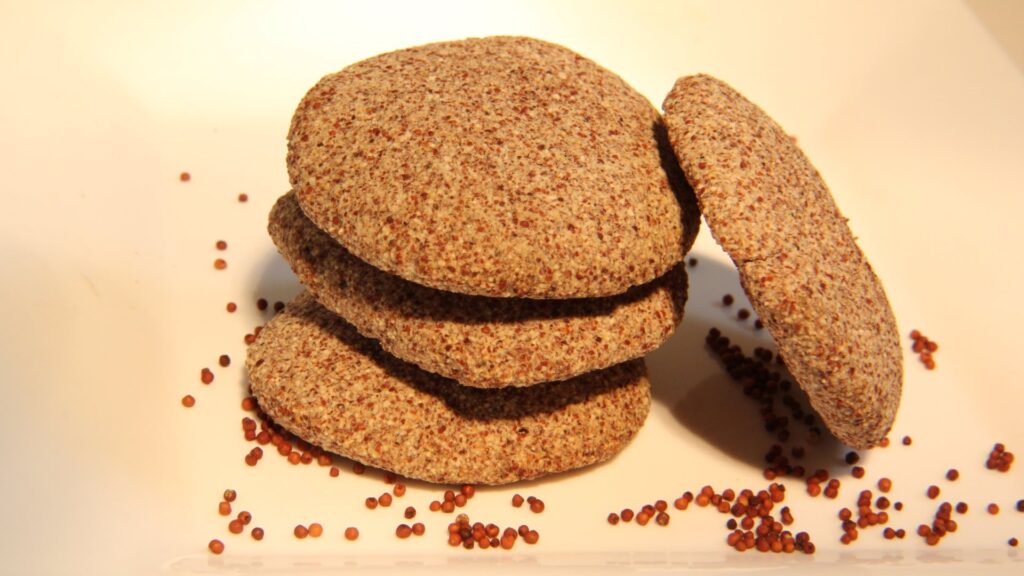Millet Cookies
A Rediscovered Ancient Grain with Remarkable Health Benefits.
Millets, a diverse group of small-seeded cereal grains, are experiencing a resurgence in popularity due to their impressive nutritional profile and potential health benefits. Cultivated for millennia, particularly in Asia and Africa, these ancient grains offer a compelling alternative to more common cereals like wheat and rice. This article explores the unique nutritional composition of millets and their potential contributions to human health.



Millets Are A Nutritional Powerhouse
Millets are a rich source of complex carbohydrates, providing sustained energy through the slow release of glucose. Unlike refined grains, they boast a low glycemic index, minimizing blood sugar spikes and promoting satiety. Moreover, their gluten-free nature makes them a suitable dietary choice for individuals with celiac disease or gluten sensitivity.
Beyond carbohydrates, millets are a valuable source of protein, crucial for tissue growth and repair. They are also rich in dietary fiber, which promotes gut health and digestion. The mineral profile of millets is particularly noteworthy, offering essential elements like iron, magnesium, phosphorus, and B vitamins, all critical for maintaining optimal physiological function.


Potential Health Benefits of Millets
The impressive nutrient content of millets translates to a range of potential health benefits. The high fiber content may contribute to lower cholesterol levels, potentially reducing the risk of cardiovascular disease. The presence of magnesium may play a role in healthy blood pressure regulation. Additionally, research suggests that millets possess significant antioxidant properties, potentially mitigating cellular damage caused by free radicals.
Studies have also indicated the potential benefits of millets for individuals managing diabetes. Their low glycemic index can contribute to regulated blood sugar levels, making them a potentially valuable dietary component for diabetic and pre-diabetic populations.
Culinary Versatility That Millets Provide
The beauty of millets lies in their versatility. With a subtle nutty flavor and fluffy texture when cooked, they can be incorporated into a variety of dishes. Plain-cooked millets offer a nutritious substitute for rice or couscous. They can also be used in salads, soups, or stews to enhance both texture and nutritional value. For those seeking culinary adventure, millet flour can be used in gluten-free baking endeavors, such as pancakes, muffins, and even breads.

Millets offer a compelling nutritional profile, boasting a wealth of complex carbohydrates, protein, dietary fiber, essential minerals, and antioxidants. These characteristics translate to potential health benefits, including improved cardiovascular health, digestive function, blood sugar regulation, and antioxidant defense. With their culinary versatility and rediscovered potential, millets are poised to play a significant role in promoting healthy and wholesome dietary practices.





2 Comments